What is Hope?
The world is filled with many people who are happy. Actually, they are very happy. These same happy people are also hopeless people. In fact, it is their present happiness that makes them hopeless in the end. They are people who either C.S. Lewis or Ravi Zacharias (it's not too clear) have referred to as “happy pagans.” They are happy for the now and hopeless in the long run, primarily because of one thing, and that is, they have not faced the reality of having to wrestle with the truth. They have not asked, “What is truth,” or better yet, “Who is truth?” When a person begins seeking the answer to this question, and begins to be shown the light of the Truth, they begin to experience hope, for without the Truth, there can be no hope. Getting a person interested in the pursuit of truth involves their realizing the short-livedness of being only happy, and the eternity of being hopeless without the truth.
So, what is hope? Before I can answer that, I have to ask, what does it mean to be happy—because why would “happy” people want to exchange happiness for hopefulness? Let me tell you what I mean by “happy.” I mean exactly what the word means—to be content with what is “happening,” because it doesn’t matter why it’s happening, but all that matters is that it is making me feel good, and so I’ll go with the good feeling, irrespective of what the preceding cause was, and what the following consequences will be.
That’s the etymology of the word, and the epistemology of the feeling, of happiness. It has to do with happening, and feeling content because of happenstance—a good feeling in the head and heart just because of circumstances being the way they are! Is it wrong to be happy in the present?—Certainly not! But it is of no lasting value to be happy only in the present, and be hopeless in the future. It is futile to be happy in the present, without learning from the past, and being concerned about what we will feel and experience in the future. If being happy has only to do with the present, then, it is a foolish thing indeed, it is a hopeless thing indeed. And from here, with this bearing on the past, present, and future, I can define and describe what hope is, because hope has to do with the past, present, and future.
“For in hope we have been saved, but hope that is seen is not hope; for who hopes for what he already sees? But if we hope for what we do not see, with perseverance we wait eagerly for it.” —Romans 8:24-25
Hope is that perseverance or patience of the soul that waits in the present, for what is to come in the future, because of the superiorly imparted knowledge that what we are waiting for will surely come to pass. What the Apostle Paul is telling us in this letter to the Romans, is that a person who hopes, hopes for something yet to come to pass. But this knowledge in the present, considers a past encounter with Jesus Christ, the Truth, who has transformed us, and causes us now in the present to hope for the future. It causes us to hope that just as He has transformed life in the past, He will surely do in the future. That’s the nature of hope. It is rooted and grounded in truth, which remains unchanging over the past, present and future. What truth am I talking about? Just a few lines before these verses I quoted from Paul, he says, “For we know. . .” (Romans 8:22)
How do we know what we know, that causes us to hope? We know what we know, because it has been given to us by God. That’s the truth I’m talking about—God’s truth: revealed to us in the person of the Lord Jesus Christ, and given to us in clear, definite, and powerful terms in God’s Word, the Bible. When God says something, it always happens. When it happens, it is proof that it is the truth. When you put faith in what God says will happen, even before it happens, that is hope. A person who has hope can also be happy, but he is happy for different reasons than a hopelessly happy person.
A hopeful person is happy in the present because He has seen transformation in the past, and knows his future is secure. It has been verified for him, by the person who has transformed his life: God Himself, in Jesus Christ. While a hopeful person can be happy, a person who is only happy, cannot be hopeful, until they have built their life—their entire worldview—upon the eternal, unchanging, transforming, and deeply personal truth of God’s word.
Have you traded happy for hopeful? If not, are you willing? Are you willing to have hope and be happy also? It’s a living sort of happiness when you have hope, but a dead sort of happiness when you have no hope. Hope is the foundation of the house, happiness the shingles on the roof. The happy of hope sees things not as happenstance, but as divinely ordered by the all-seeing eyes of God, the all-powerful hands of God, and the all-knowing mind of God. He is God, who desires we know the Truth in Jesus, experience joy, and continuously have hope when we put our faith in Him, all because . . . He loves us.
© Kenny Damara, 2014

